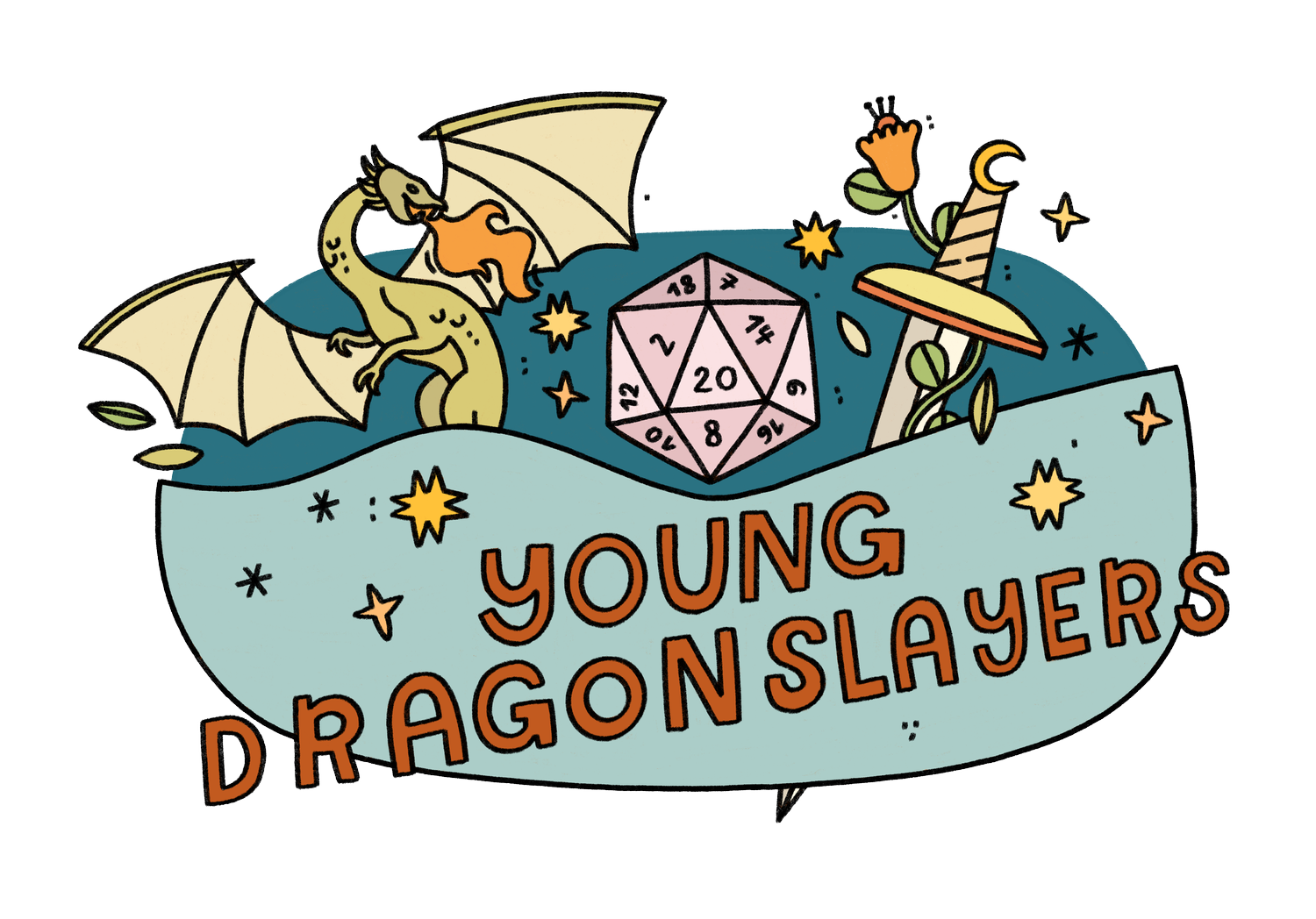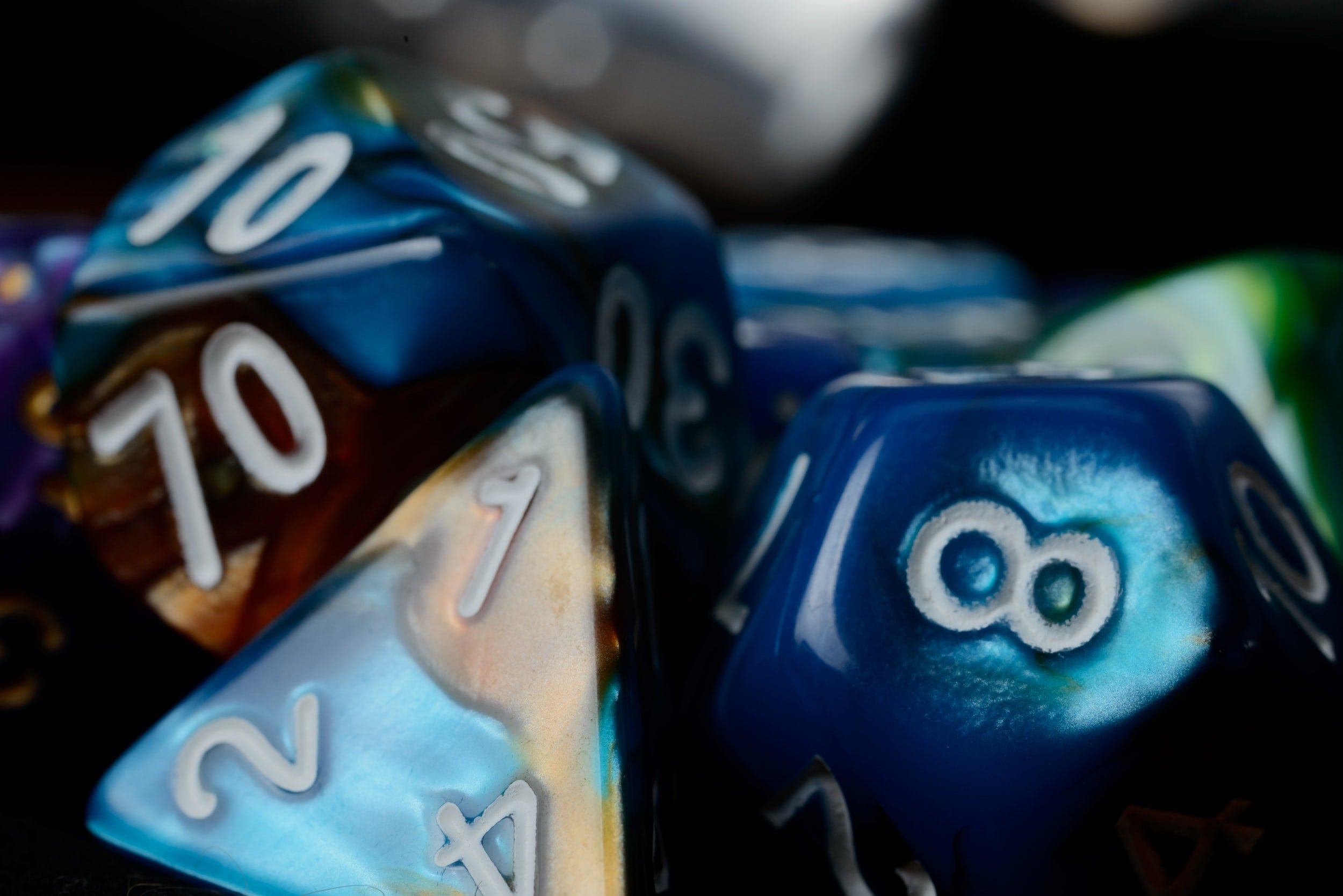D&D Ability Scores: Here’s Everything You Need to Know
Are you trying to make the world’s strongest character? Maybe the world’s smartest character? How about the world’s funniest character? Here’s everything you need to know about Ability Scores in Dungeons & Dragons.
In D&D, you get to choose your character’s ability scores, which are what your character is good or not-so-good at. It’s just a fancy name for strengths and weaknesses! In this post, I’ll walk you through what each of these scores means, and how you can use them to build the character of your dreams.
What Are The 6 Ability Scores in DND?
Let’s get straight to business. Each character in D&D has six ability scores: Strength, Dexterity, Constitution, Intelligence, Wisdom, and Charisma. Here’s a more in-depth look:
Strength: How strong your character is. Can they pick up giant boulders, or can they barely lift a sword. Are you as strong as Superman?
Dexterity: Your character’s speed, agility, how sneaky they are. Characters with high dexterity scores can hide, steal, and maybe do backflips. Are you quick, like the Flash?
Constitution: Think of it like toughness. Your character’s ability to power through tough times or stay strong during a fight. High constitution will give your character more HP (hit points). Are you tough, like Wolverine?
Intelligence: The brains of your character. High intelligence means your character has learned a lot and they’re very smart. Characters with high intelligence are usually the ones who do their homework. “Book smarts” as some would say. Are you brilliant, like Black Panther?
Wisdom: This one’s tricky to understand. Wisdom is a different kind of smart; it’s more like how clever your character is. Maybe your character doesn’t know everything about math (that would be intelligence) but instead they’re very observant, they can tell if someone is lying, or they’re good at making tough decisions. That’s a character with high wisdom. Are you wise, like Professor X?
Charisma: Characters with high charisma are funny, intimidating, persuasive, or good leaders. They tend to be performers, musicians, poets, or really cool people. Are you as charming as Loki?
Your character will naturally be stronger in some of these abilities than others. Their strengths and weaknesses will influence how well they’re able to perform certain skills in the game. That’s because your ability scores have an impact on what happens when you roll your dice…for better or for worse.
How Modifiers Work
Each ability gets a number (or score) between 1 to 20 – just like a d20 die. The lowest possible score is 1, which means it’s what your character is not-so-good at. 10 is the very middle; it means your character is average. A 20 is your character's true strength, what they’re the best at. Here’s how it works:
An ability score of 10 gives you no bonuses or penalties when you’re rolling the dice to try and do something. You won’t add or subtract anything to what you roll when using that ability. D&D uses the term modifier for numbers you add or subtract from what you roll. Take a look at this table:
Boy this is a lot of numbers… Notice how the modifiers scale from really bad (-5), to nothing (+0), to really good (+5). You might also notice that bonuses (numbers with a plus sign) change every even number, and penalties (ones with a minus sign) change every odd number. Even though 11 is bigger than 10, it gives you no bonus (still a +0). If you want that +1, you’re gonna need at least a 12. On the other hand, even if you have an 8, it’s okay because that’s the same as having a 9 (only a penalty of -1). It all balances out!
Okay so you should just pick 20 for every ability and be the best at everything, right? You could, but that would be boring! Keep reading to learn your options for how to calculate ability scores.
How Do You Calculate Ability Scores in DND?
Rolling dice by hand is the most traditional way to calculate D&D ability scores.
There are several fun ways to determine what your ability scores are. The most popular involves some dice rolling, woohoo! Here’s a step-by-step on how to do it the old-fashioned way:
Grab yourself four d6 dice (the cube ones with six sides)
Roll all four of them at the same time. In D&D, you would say “roll 4d6” because you are rolling four dice that each have six sides. Easy!
Pick the lowest number and ignore it. This should leave you with three dice.
Okay… time for some math. Add up the three numbers. Now write this number down.
Repeat steps 1-4 until you have six different numbers. Now you can assign each number to one of your ability scores. You probably want the highest number to be what you want your character’s main strength to be, and the lowest number can go to something that might matter less for your character.
Sound complicated? Don’t panic. Let’s demonstrate how easy it really is.
Say you rolled 4d6 and got a 3, 4, 2, and 6.
Now to drop the lowest one, which is 2. That leaves 3, 4, 6.
3+4+6 is 13. Save this number and repeat the process.
The six numbers you get after all that are: 13, 8, 16, 14, 12, and 9. Notice how when you do this, the numbers are all kinda close to 10, which is about the average. Now where do we put all these numbers?
Well, pretend you want to make a big, muscular character, like the Hulk. You’ll probably want your highest number (16) to be your Strength. What next? He will need lot’s of HP, so let's put the 14 there. The Hulk is actually pretty quick, so 13 for Dexterity. The rest are less important for this kind of character, so we can pretend you chose 12 Wisdom, 9 Intelligence, and your dump stat of Charisma gets an 8. Alright, let’s see those scores all put together:
That was one method for determining what your ability scores are, but you can do it however you want. There are plenty of other methods you can use from the internet or official D&D sources, or you can just make them up. Whatever you do, try to make it fair and balanced. It’s not fun to be super OP (overpowered) so try to make a character that has both great strengths and some hilarious weaknesses.
Rolling Checks: How Ability Scores and Modifiers Impact Your DND Game
There’s one more detail to remember about ability scores. Characters can try lots of things in game, and the outcome is based on a dice roll plus or minus any modifiers that player has to an ability. Let’s go back to the Hulk. If he were to try and sing a lovely song on stage, that would be called a Performance Check (if you need a refresher on what that means, check out one of our previous articles on terminology). The outcome of a check like this depends on a few things:
Which ability score the Performance skill is based on (in this case, Charisma). If it was something like Acrobatics, it would use Dexterity.
Whether or not the character is Proficient in that skill. When creating a character, you choose specific skills to add an extra number – called Proficiency Bonus – when you roll for them. We’ll get into more about Proficiencies another time.
For the sake of this example, let’s say the Hulk does not have proficiency in Performance – he’s not particularly skilled at singing. So that means when we roll a performance check, we add or subtract the Charisma modifier he has, and no other Proficiency Bonus. His Charisma score was 8, which means his Charisma modifier is -1. Ouch. Whatever we roll, we have to subtract 1 from it to get the total. Here’s an example:
Roll 1d20 for a Performance Check: you got a 14
Subtract charisma modifier from the roll: subtract 1
What’s the total? 14 - 1 = 13
Not too shabby!
The point is: your ability scores determine how good you are at skills you’ll choose later when making your character. Put some thought into where you want each number to go.
Ability Scores Improve Over Time
That’s all there is to it. Roll some dice and put those numbers into your six ability scores. Those numbers will be very important while playing your character. One final tip: if you’re unhappy with your ability scores, don’t worry.
As your character levels up, they will have the opportunity to increase their ability scores. Depending on what race you pick, you might also get an increase to some of your scores. There may even be some legendary magical items out there that can boost your powers… if you know where to find them.
Go Forth And Build Your Character. And Then Come Play With Us!
This concludes our deep dive into ability scores, what they do, what makes a “good” or “bad” ability score, and how you can calculate scores to build your character. We hope this gets you excited about getting started!
Our company, Young Dragonslayers™, offers online D&D games for kids and teens of all experience levels. Whether you’re about to build your first Level 1 character or you’re already an expert multiclasser, we can help you find like-minded adventurers to play with.
You can read more on our site to learn more about our weekly games for kids and teens, which focus on building supportive online relationships and practicing social-emotional skills. We also offer Intro Classes to help new players learn the ropes before they jump into a full-length campaign.
Ready to get started? Apply here for our next round of weekly games and Intro Classes.





